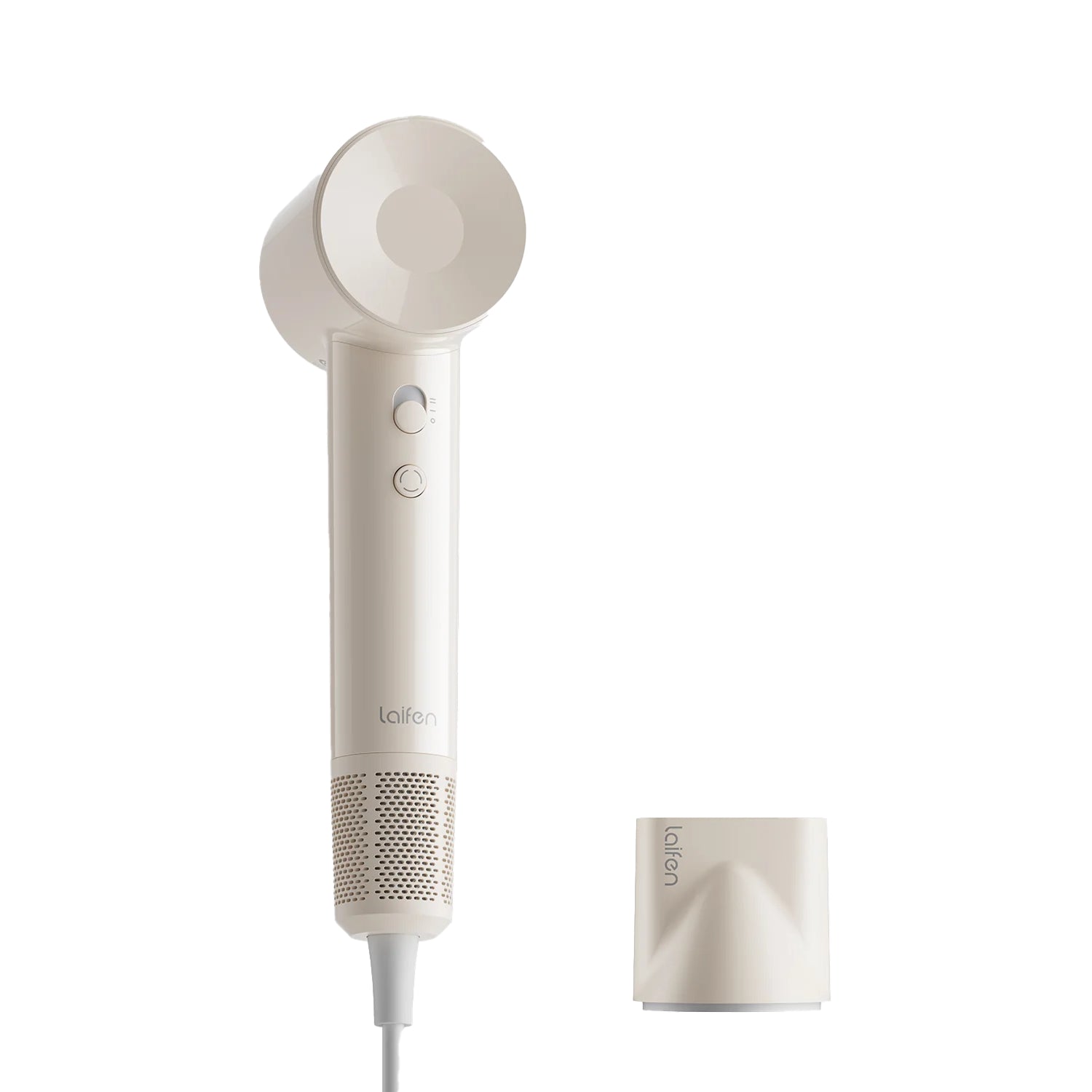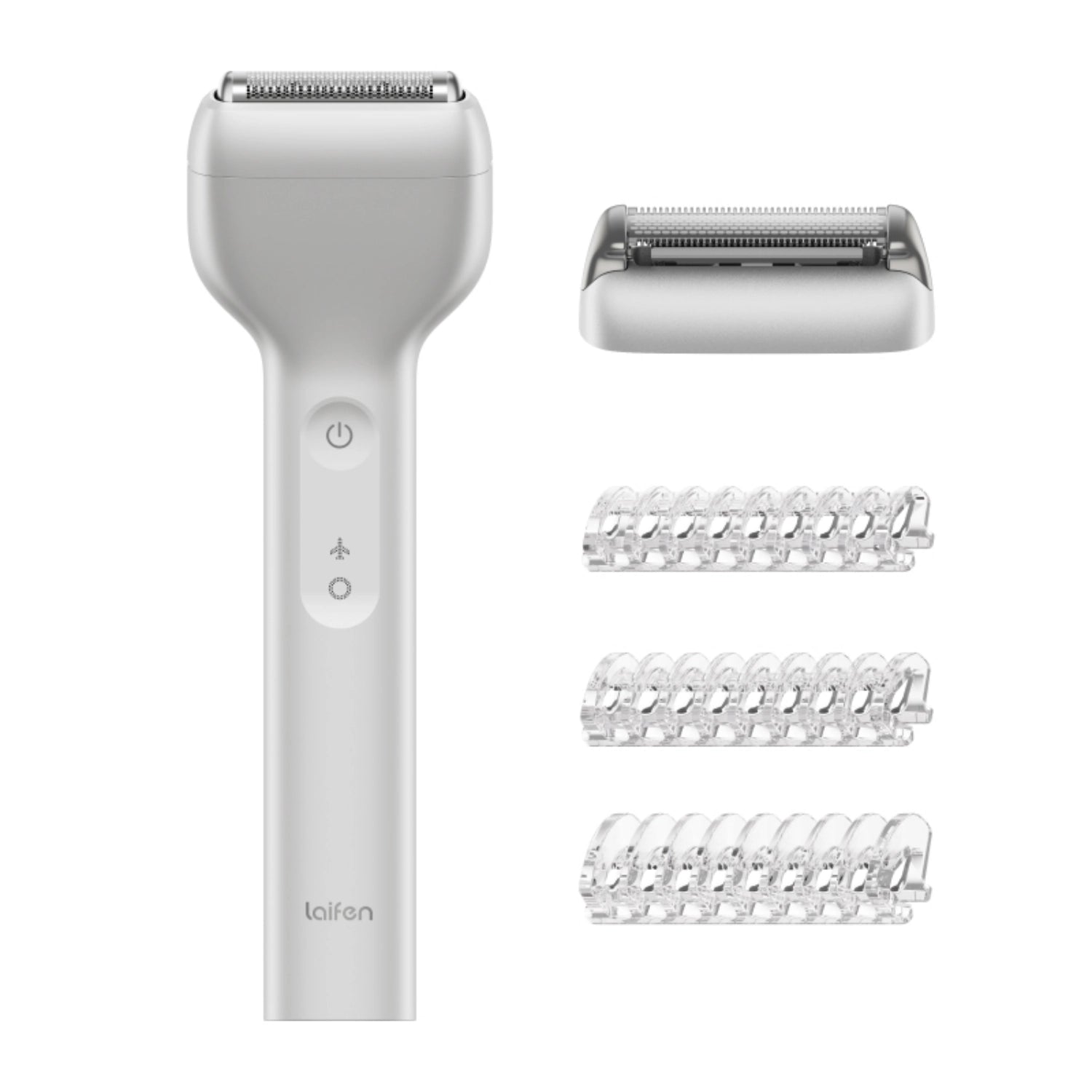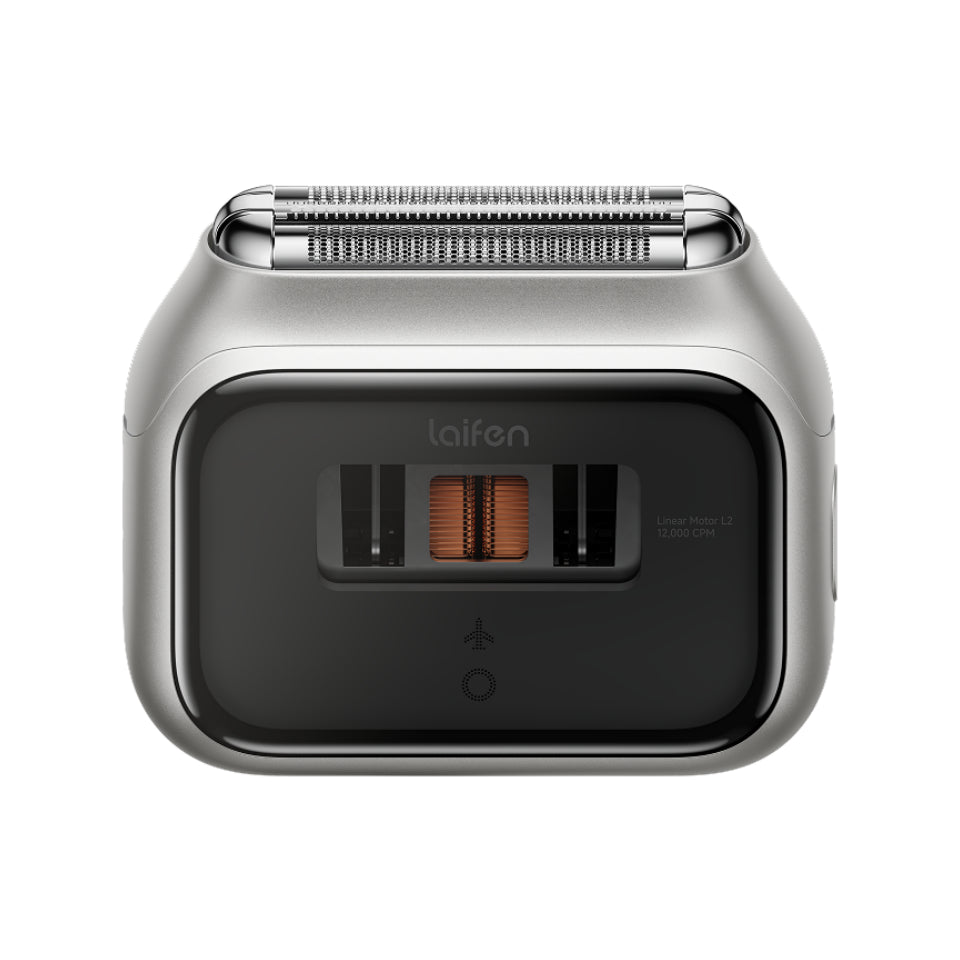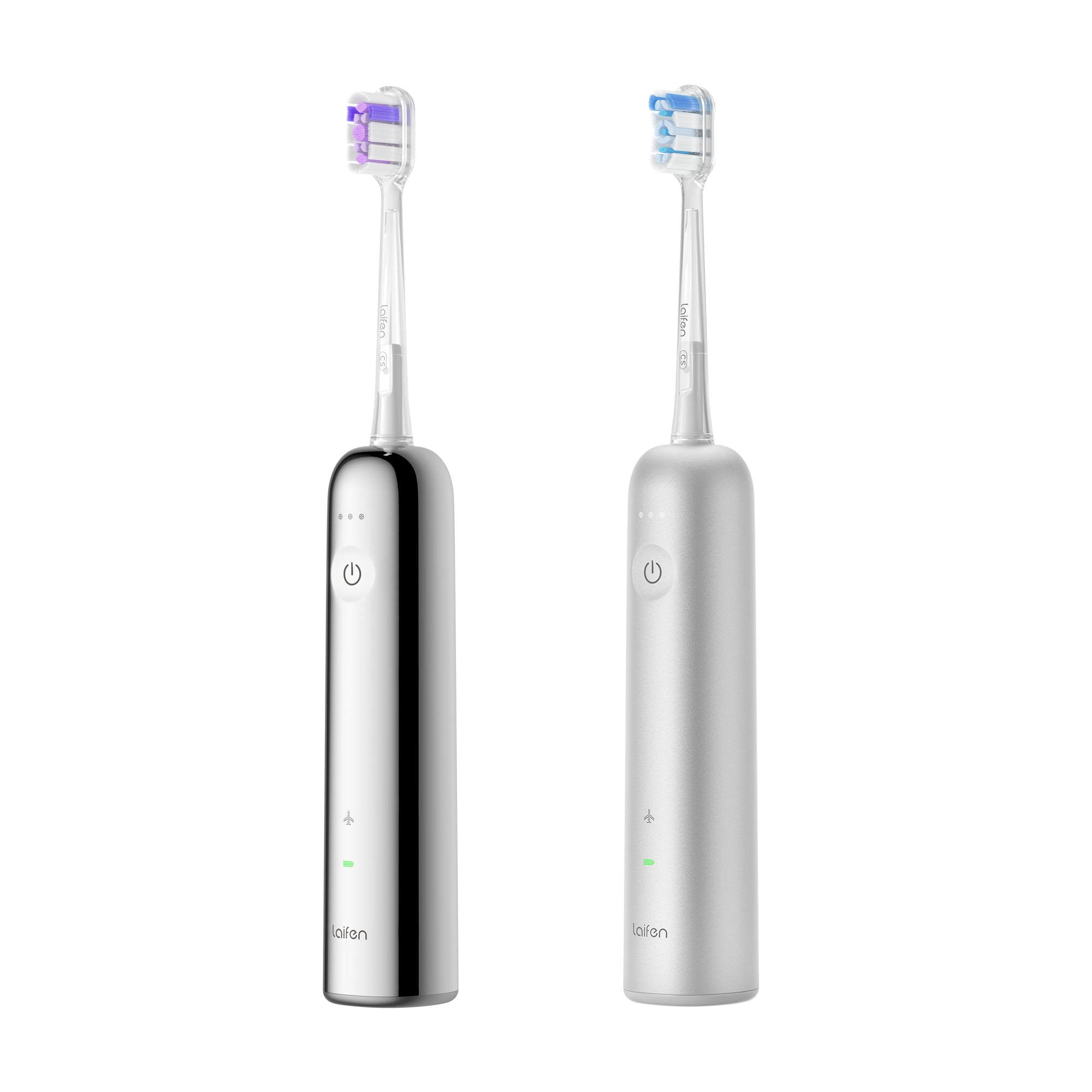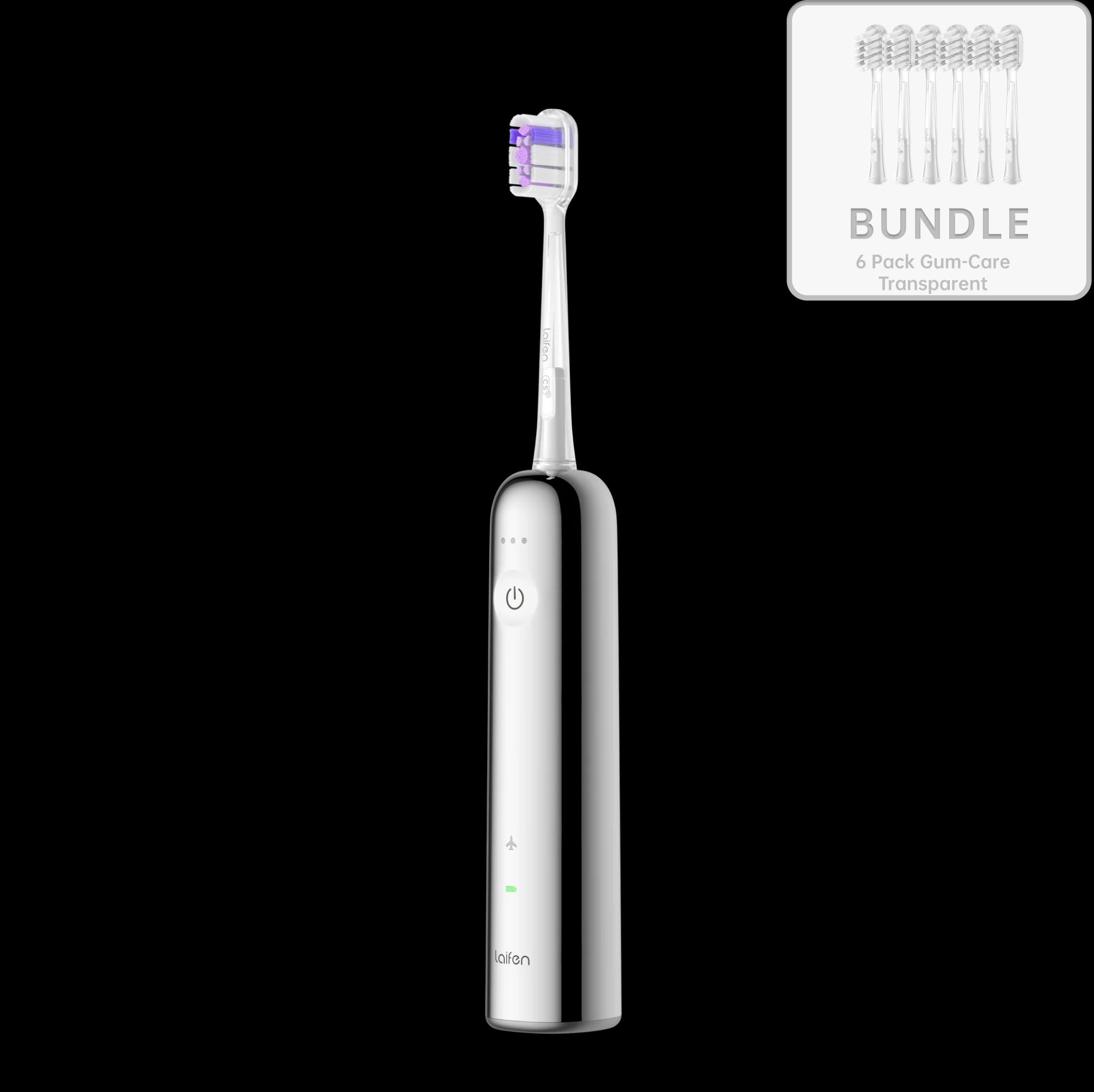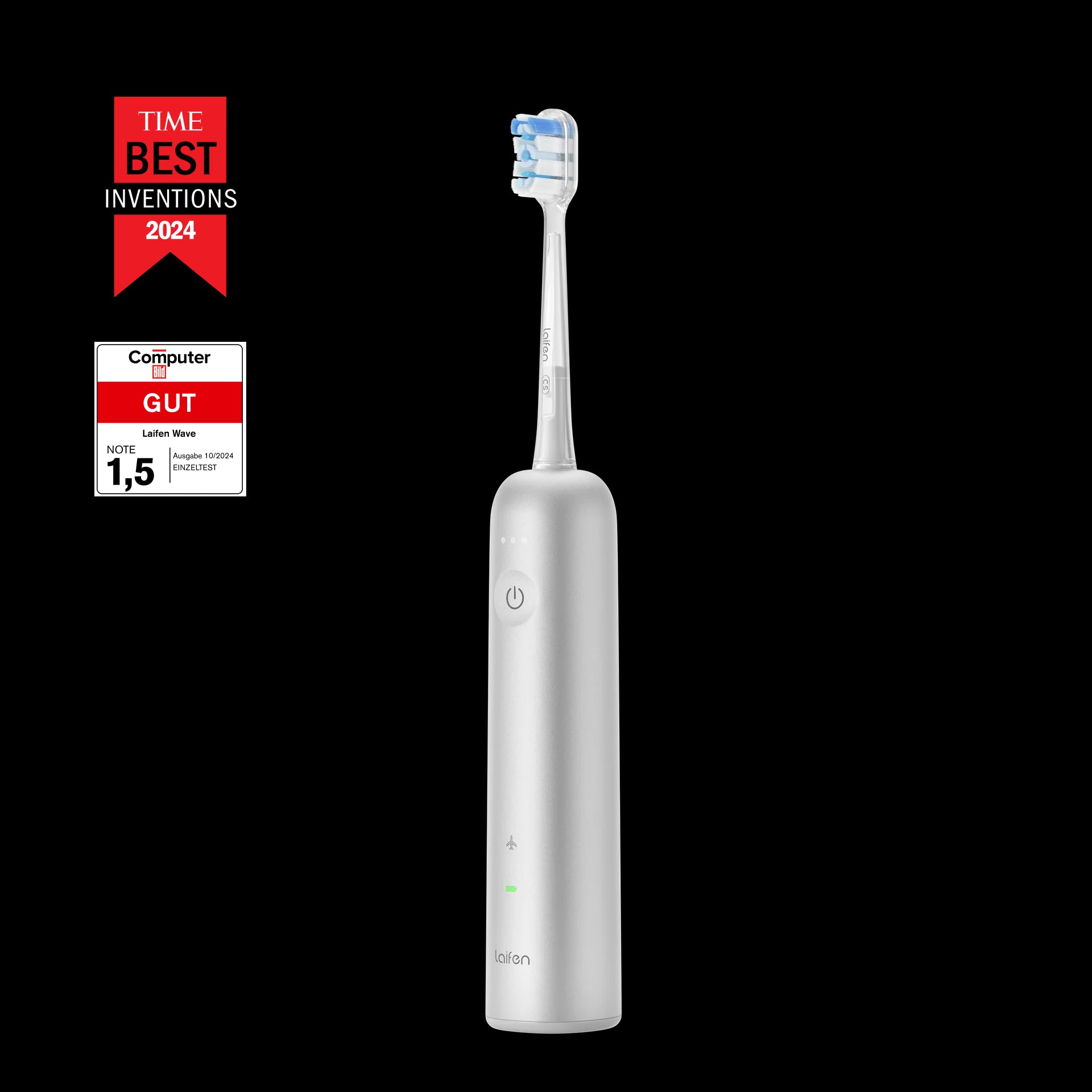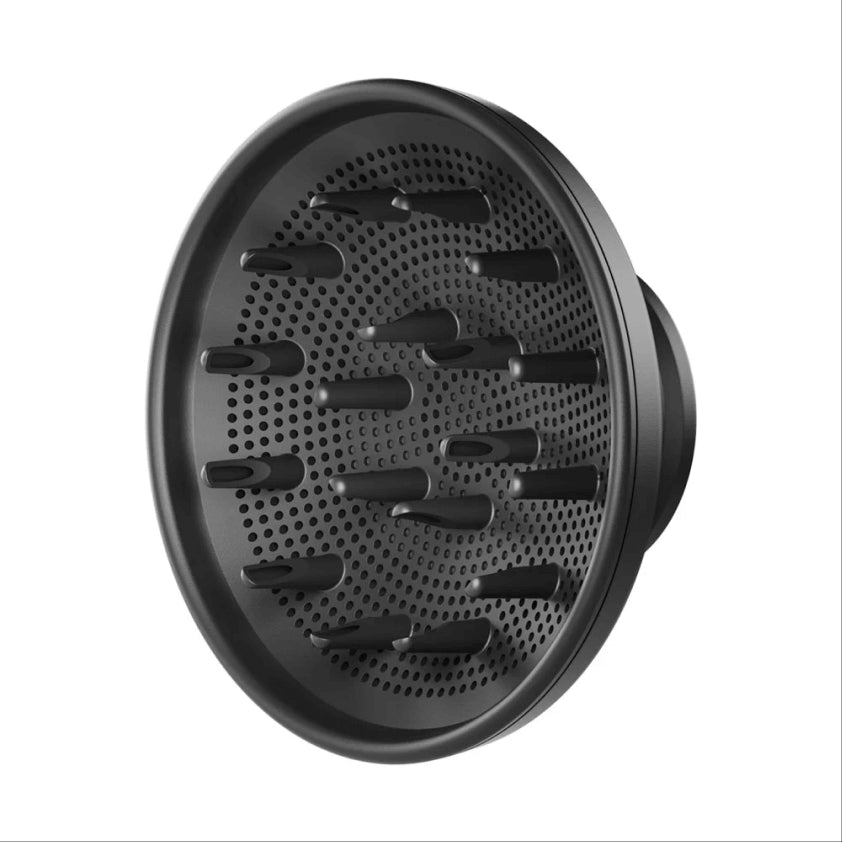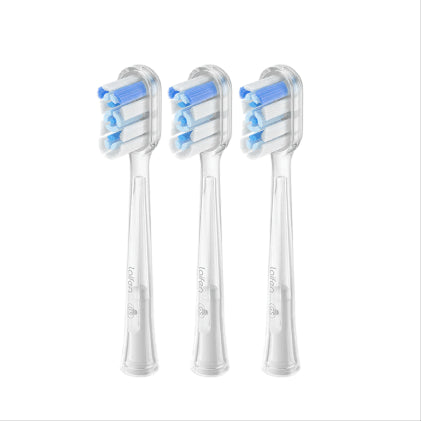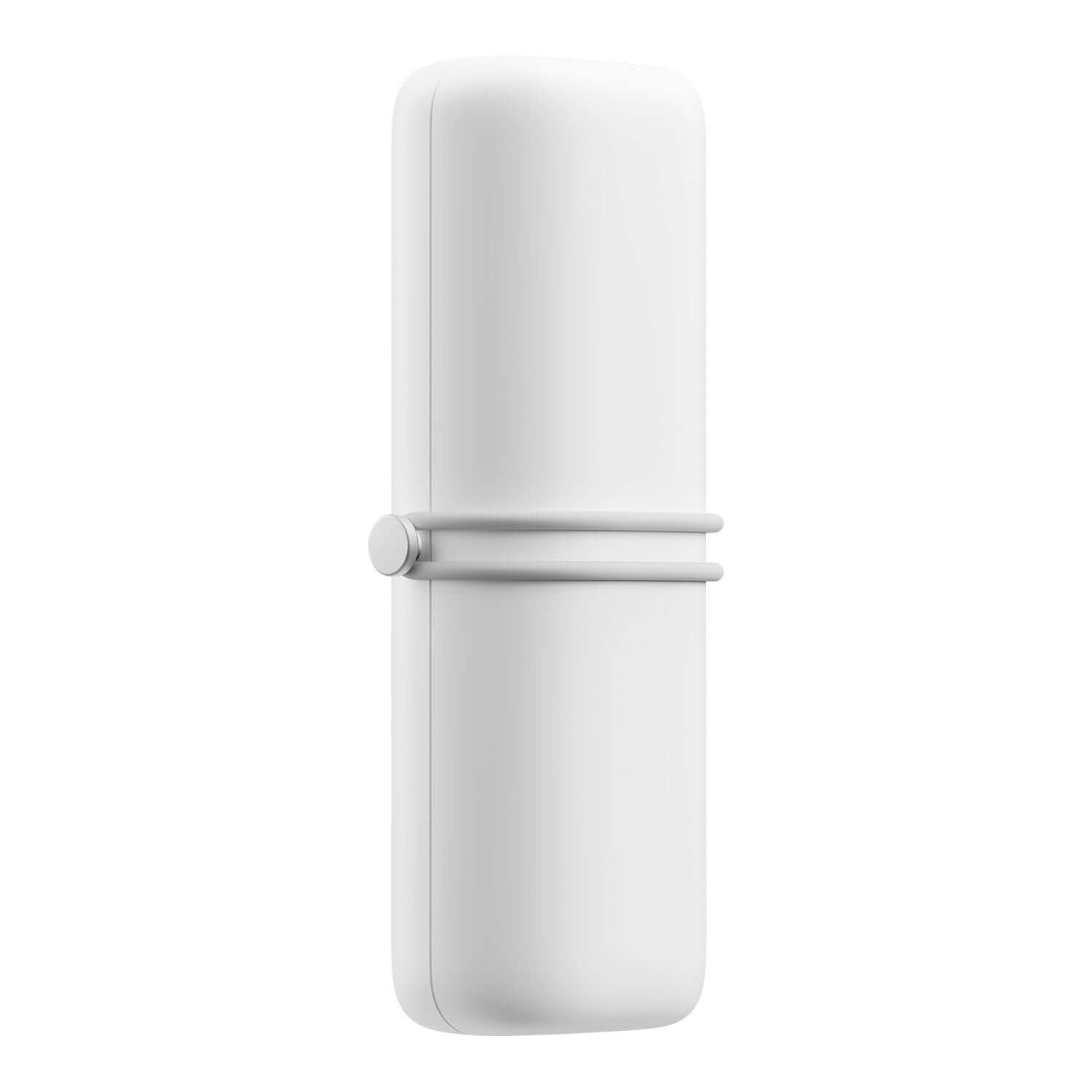
In this article
Tooth loss during pregnancy can be a big deal, thanks to hormonal changes that boost the risk of gum disease and tooth decay.
Keeping your dental health in check is super important for both you and your baby. Don't ignore any dental issues, you should fix them ASAP to avoid bigger problems.
Wondering if tooth loss can affect your baby or if your teeth will go back to normal after pregnancy? Stick around! We'll share some practical tips and advice to help you keep your smile healthy and bright throughout this special time.
Understanding tooth loss during pregnancy
What causes tooth loss?
-
Tooth loss can be caused by several factors, including gum disease (periodontal disease), which starts as gingivitis and can progress to periodontitis, damaging the gums and bone that support teeth.
-
Tooth decay (cavities) occurs when plaque produces acids that erode enamel and lead to severe infection if untreated.
-
Trauma or injury from accidents or sports can knock out or fracture teeth.
-
Bad oral hygiene leads to plaque buildup, gum disease, and decay, all contributing to tooth loss.
-
Chronic diseases like diabetes and osteoporosis impact oral health and increase the risk of tooth loss.
-
Smoking and tobacco use increase the risk by impairing gum health and healing.
Stages of tooth loss
|
Stage |
Description |
Symptoms |
|
Stage 1: Gingivitis |
Early stage of gum disease, characterized by inflammation of the gums. |
Red, swollen, and bleeding gums. |
|
Stage 2: Early periodontitis |
Gum inflammation progresses to affect the bone supporting the teeth. |
Persistent bad breath, receding gums. |
|
Stage 3: Moderate periodontitis |
Increase bone and tissue damage, pockets form around teeth. |
Loose teeth, gum recession, deep pockets. |
|
Stage 4: Advanced periodontitis |
Severe bone loss and tissue damage, teeth may become loose or fall out. |
Severe tooth mobility, pain while chewing. |
|
Stage 5: Tooth loss |
Teeth are lost due to severe damage to gums and supporting structures. |
Missing teeth, difficulty eating or speaking. |
Should pregnant care about tooth loss?
Yes, pregnant women should care about tooth loss. During pregnancy, hormonal changes can increase the risk of gum disease and tooth decay, which can lead to tooth loss if not properly managed.
Increased levels of hormones like progesterone make gums more susceptible to plaque and nake conditions like gingivitis and periodontitis happen to you.
These issues not only cause discomfort but can also affect a woman's ability to maintain proper nutrition, which is crucial for both her health and the baby's development.
Why you will have dental problems during pregnancy?
During pregnancy, hormonal shifts can greatly affect your oral health and make dental issues more common. Elevated levels of hormones like progesterone and estrogen can cause your gums to become more sensitive and inflamed and result in conditions such as gingivitis.
This inflammation, often called pregnancy gingivitis, can result in swollen, tender, and bleeding gums. If not properly managed, gingivitis can escalate to periodontitis, a more serious gum disease that can cause tooth loss and other health complications.
Pregnancy can also change your eating habits, often leading to increased cravings for sugary foods, which can contribute to tooth decay and cavities.
Morning sickness and frequent vomiting can expose your teeth to stomach acids, eroding the enamel and making them more vulnerable to decay. Changes in saliva production and composition can reduce its protective effects, further increasing the risk of dental problems.
Will tooth loss affect your baby?
Tooth loss itself does not directly affect your baby, but some second-tier causes of tooth loss can have significant implications for both maternal and fetal health.
Severe gum disease, known as periodontitis, can lead to systemic inflammation and infections that may impact your overall health during pregnancy. Infections in the mouth can spread to other parts of the body, posing risks to the developing baby.
Bacteria from untreated gum infections can enter the bloodstream and reach the uterus, triggering inflammatory responses that may lead to early labor. Dental pain and discomfort can affect your ability to eat a balanced diet, depriving both you and your baby of essential nutrients.
Will tooth loss become good after pregnancy?
Tooth loss that occurs due to gum disease or severe tooth decay will not naturally resolve after pregnancy. Once a tooth is lost, it will not grow back. However, the oral health issues that lead to tooth loss can be managed and prevented from worsening with proper dental care. You can learn from the following tips to prevent the loss of your teeth during pregnancy time.
Tip 1. Stick to your dental appointments
Why: Regular dental check-ups are crucial for catching and managing any issues early, such as gum disease or cavities.
Steps:
-
Book an appointment as soon as you know you're pregnant.
-
Let your dentist know about your pregnancy so they can tailor your care.
-
Follow up with any recommended treatments or cleanings.
Average price: $80 - $200 per visit, depending on your location and insurance coverage.
Tip 2. Keep up with your oral hygiene routine
Why: Keeping your teeth and gums clean is essential to prevent plaque buildup, gingivitis, and tooth decay.
Steps:
-
Brush your teeth using fluoride toothpaste.
-
Floss daily to get rid of food particles and plaque between your teeth.
-
Use an antibacterial mouthwash to help reduce bacteria in your mouth.
Cost: Around $10 - $20 per month for toothpaste, floss, and mouthwash.
Top 3. Eat a balanced, nutrient-rich diet
Why: Good nutrition supports your oral health and overall wellness, lowering the risk of dental issues.
Steps:
-
Include plenty of calcium-rich foods like milk, cheese, and yogurt.
-
Eat a variety of fruits and vegetables to get essential vitamins and minerals.
-
Limit sugary snacks and drinks that can cause tooth decay.
Tip 4. Manage morning sickness
Why: Frequent vomiting can expose teeth to stomach acids and cause enamel erosion and a higher risk of decay.
Steps:
-
Rinse mouth with water or a fluoride mouthwash after vomiting.
-
Avoid brushing immediately after vomiting to prevent damaging softened enamel.
-
Drink water regularly to keep your mouth hydrated and wash away acids.
Cost: Minimal, as it involves using water and possibly purchasing a fluoride mouthwash (about $5 - $10).
Tip 5. Always avoid tobacco and limit alcohol
Why: Smoking and excessive alcohol consumption can worsen gum disease and lead to tooth loss.
Steps:
-
Seek support from healthcare providers or support groups to quit smoking.
-
Avoid environments where you might be tempted to smoke or drink.
-
Use nicotine replacement therapies if recommended by your doctor.
Cost: Free to low-cost support options are available; nicotine replacement therapies can range from $20 - $50.

